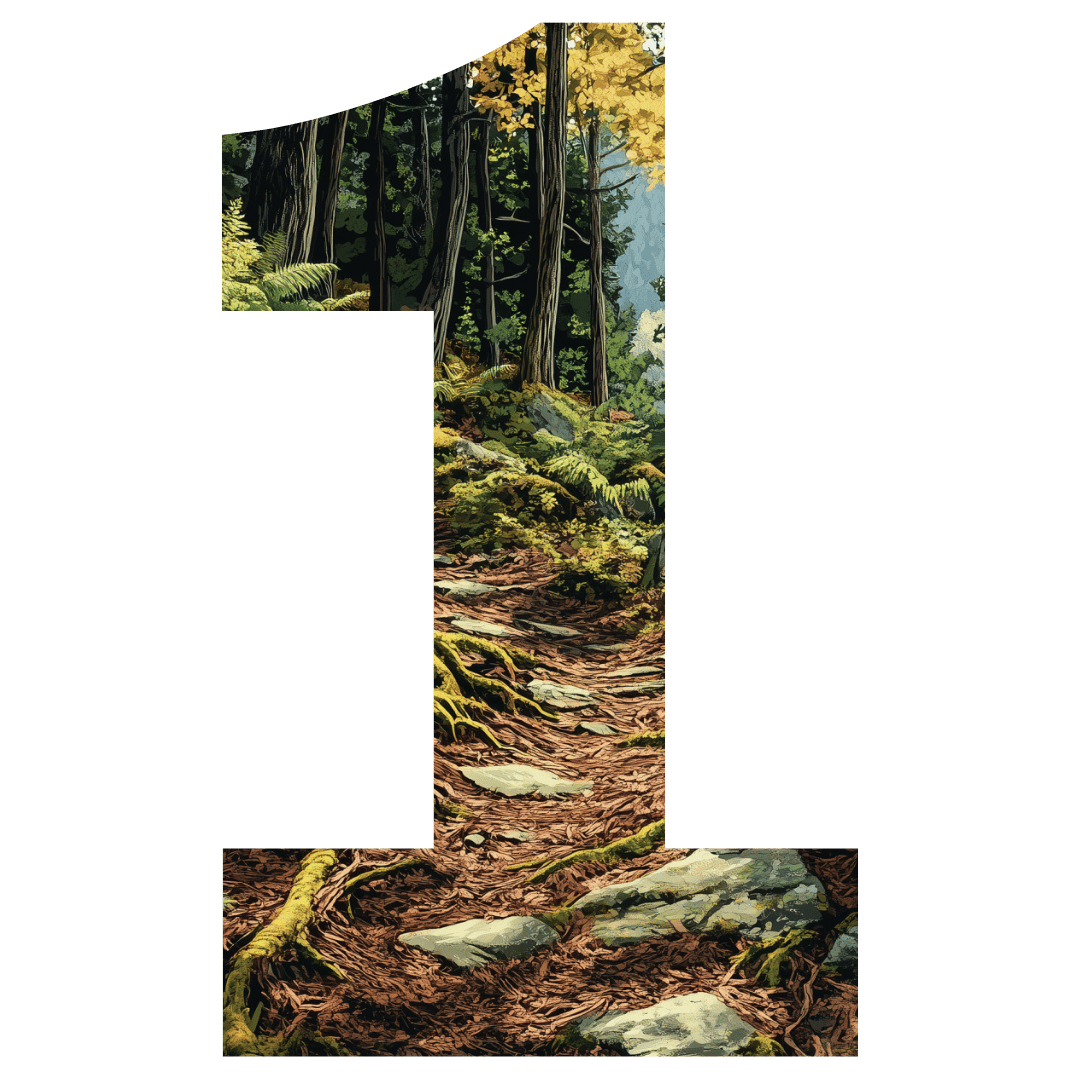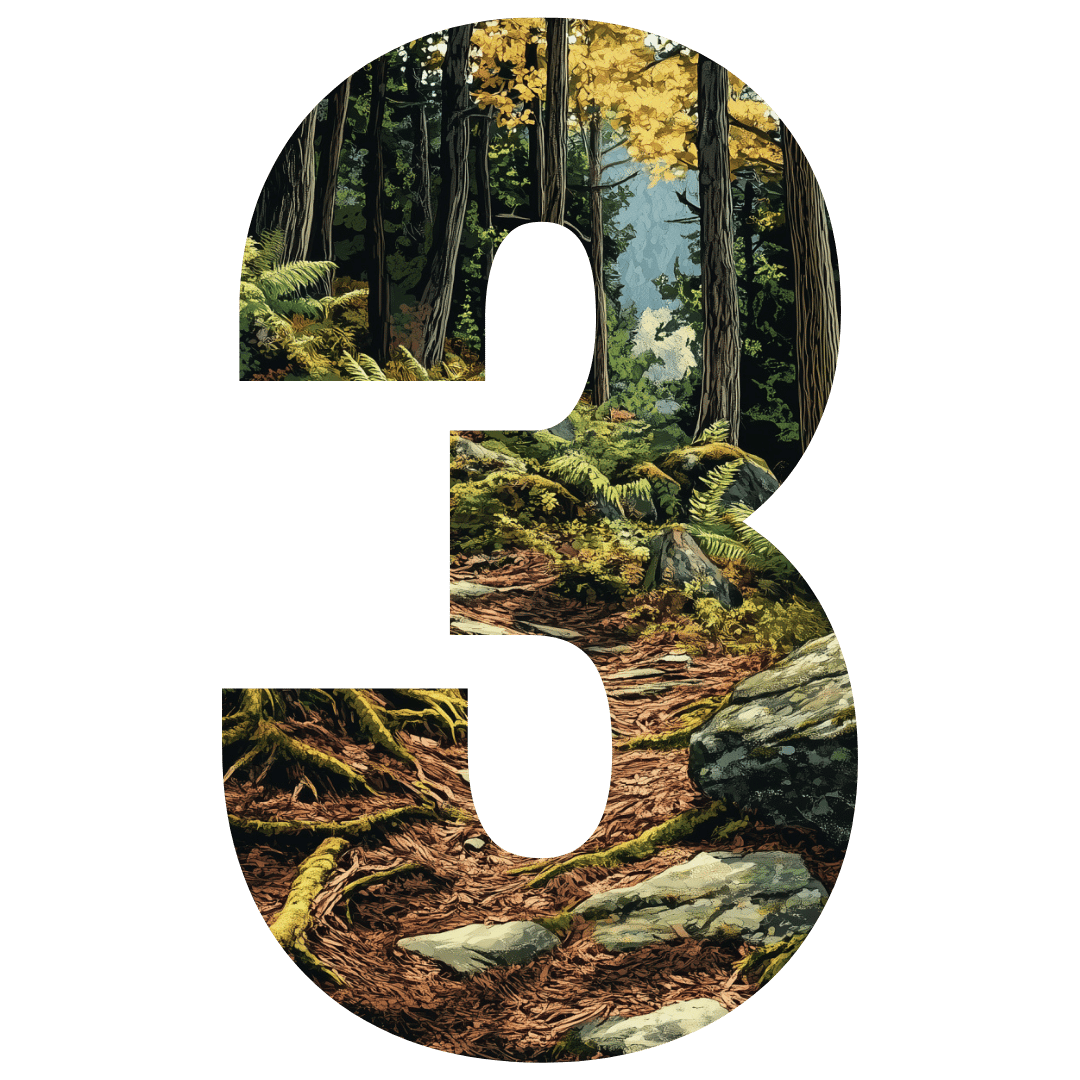- The New Ambition | Success Without Burnout
- Posts
- Is it You...Or is it the World?
Is it You...Or is it the World?
The one where we decode your brain's false alarms and fight back with fermented foods

Hi it’s Jen,
If you’re anything like most people, your brain is regularly throwing a tantrum, and honestly? It has every right to.
You know that feeling of intense and sudden dread when a "quick sync" calendar invite sends you spiraling? When you read another headline about AI replacing jobs and wonder if yours is next? When the price of coffee goes up again (again), and you're doing mental math to calculate whether your morning ritual is now a spend category?
You're not broken. It’s a historically bat-$hit crazy world throwing more at our tiny almond-shaped amygdalas than they were designed to handle.
In today's issue:
Why your brain can't tell Slack messages from actual threats
The cocktail party neuroscience that makes you sound brilliant
Four science-backed rituals to help your nervous system cope (yes, one involves pickles)
Read time: 6 minutes
Default
Our brains are trying so hard to process workplace instability, technological disruption, economic pressure, political chaos (all at once and all the time). And somewhere in there, it's convinced that an ambiguous Slack message is also a five-alarm fire.
Anxiety rates are at historic highs. Business Insider found that workers are "overinterpreting social cues" at work because layoff anxiety has us all reading threats into totally normal workplace interactions. Your CEO posts a vague LinkedIn thought about "the future of work," and your brain screams something to the tune of: “They're dissolving my entire department!”.
Professor Michele Williams from the University of Iowa explains it: "Workers are feeling disempowered… overinterpreting social cues because of that insecurity."
Your nervous system isn't malfunctioning. It's doing exactly what it evolved to do: keeping you hypervigilant in an environment that feels genuinely unstable.
The problem? Your brain can't tell the difference between a vague Slack message and an actual risk to your life and limbs.
Here's the cocktail party version: Your amygdala (the almond-shaped threat detector in your brain) is designed to keep you alive by scanning for danger. When there's chronic uncertainty (like layoffs, AI disruption, economic and political instability) it goes into overdrive, triggering what neuroscientists call "hypervigilance."
And what happens to you? Why, you're a barrel of non-laughs, reading menace into every ambiguous email. Your amygdala is doing its job; the world’s just gotten way more ambiguous.
Fun Happy Hour factoid: Research shows that ambiguity is actually more stressful to our brains than actual bad news. In one study, participants who were told they had a 50% chance of getting an electric shock were more stressed than those who were told they had a 100% chance.
Concrete bad news gives us something concrete to react to. Uncertainty keeps our threat-detection system running on high alert 24/7.
And that is utterly, completely, and overwhelmingly exhausting.
Ambition
What do we want? A world where our nervous systems get to chill the hell out.
When do we want it? 2019.
I’m not making light of reality. It’s hard out here in the world. Layoffs are happening. AI is disrupting entire industries. Economic and political instability is genuine. And that’s just the tip of our collective iceberg (oh, yeah, the icebergs are also melting).
But here's the thing: if our brain treats EVERYTHING as a five-alarm fire, we’re not able to distinguish between "my manager wants to schedule a 1:1" and "my company just announced layoffs."
We end up depleting ourselves on the ‘maybes’ while missing the actual signals that matter.
Knowing what our brains and bodies are doing to help us can be the first step in telling the difference between actual threats and anxiety-amplifying uncertainty that isn’t a real threat at all.
So we can better trust our read on situations because we’ve learned to separate legitimate concerns from our brain's tendency to catastrophize. Where we have tools that actually work. More than just the "take a vacation” or “practice self-care” platitudes - the science-backed interventions that help us respond effectively to real challenges.
Research shows that when we support our nervous system with the right inputs, we can reduce anxiety responses significantly. When we learn to pause before we spiral, we make better decisions, preserve our energy, and stop burning ourselves out on imaginary fires. Leaving us more ready to handle the real ones.
The new ambition isn't to eliminate anxiety—it's to build a nervous system that’s able to sort the noise from the threats.
The Cirque du Anxiété is definitely in town.
But you don't need to juggle every. single. pin.
GO | DO
Ready to feel better? Here are four science-backed anxiety-quellers that actually help:
 | The Stop & Reality CheckWhen you feel a spiral ensuing. STOP. For just a moment. Pause and ask: "Is my mind making an anxious leap right now?" And until you know the answer? Step away from the phone and the keyboard. Take the GAD-7 assessment to assess whether you're dealing with stress or something that requires more support. |
 | Ferment to Foment (Your Resilience)Add one probiotic or fermented food to a main meal. Kimchi. Sauerkraut. Kefir. And naturally fermented pickles (just make sure they’re the real, brined deal). I feel great about fighting anxiety with fermentation. |
 | Alcohol Down, Mood Up!Still living that nightly wine ritual? It's probably making your anxiety worse, not better. Swapping in an adaptogen drink instead might actually help. Adaptogens like ashwagandha and rhodiola help regulate your stress response without the next-day brain fog. I happen to know a little bit about this (I’m co-owner of a brick-and-mortar non-alcoholic bottle shop in Asheville). |
 | Bonus: Track Your RealityAnd if you’re in perimenopause or menopause, do yourself a favor and download a menopause tracker. Knowing whether your anxiety spike is hormone-related or situation-related helps SO MUCH. |
What’s In It For All Of Us
When we start acting on our anxiety in the moment, we feel a tiny bit better. And over time, that compounds.
Look, the corporate wellness industry would love for you to believe managing anxiety means buying their app and doing breathwork between back-to-back meetings.
More women with regulated nervous systems means more of us making clear-headed decisions, setting better boundaries, and showing others how to navigate anxious situations without losing ourselves.
🧠 And that's the version of us that changes workplace culture.
Quick favor: forward this email to someone who deserves less anxiety.
Get In There
🔰 What if you could use your anxiety for good? (+2.9M views) Neuroscientist Wendy Suzuki reveals the 2-minute trick that calms your nervous system (TED Talk)
🎵 The song engineered to chill your nervous system the flip out "Weightless" was literally designed with neuroscientists to reduce anxiety by 65%
📊 Subscribe to The New Ambition: Get instant access to my full content vault: tools, templates, and frameworks updated weekly with resources shaped by subscriber feedback.
Your anxiety-buster course of actionWhich ritual are you trying this week? |
Real talk: You're not too sensitive. The world is genuinely too much right now. And you’re only human. Our biology is on our side, doing what it can. Our job? Know the tools to help our brains help us (not deplete us).
P.S. If you're interested in what I’m building and want to be the first to hear about my services, products, and experiences before they launch, SIGN UP FOR THE EARLY ACCESS WAIT LIST.